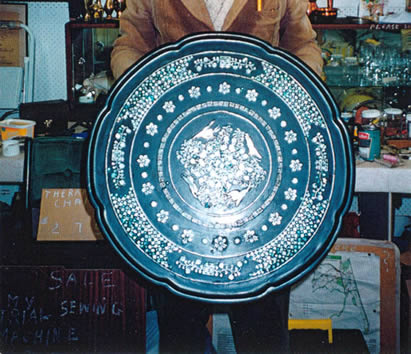
Because Menzies gives credence to anyone who shares his views, every link in the chain of causation in 1434 is made of papier-mache.Ĭonsider, for example, the e-mail Menzies received in 2007 from Dr. And, unfortunately, he does not employ standards acceptable to professional historians, linguists or life scientists to evaluate the mountain of evidence he has amassed. He is unperturbed by the absence of contemporaneous accounts of the arrival in Italy of a flotilla of hundreds of ships from China. Menzies pursues his subject with missionary zeal - and a will to believe. The "transfer of Chinese intellectual capital to Europe," and not a rebirth of the classical civilizations of Greece and Rome (or the genius of Da Vinci, Copernicus and Kepler), Menzies declares, is at the root of the Renaissance. Received in Florence by Pope Eugenius IV, the delegation left behind a treasure trove of books, treatises and tables on astronomy, art, architecture, anatomy, engineering, mechanics, music, philosophy, politics and warfare. In 1434, he claims, another Chinese fleet, with official ambassadors of the emperor on board, landed in Tuscany.

Six years later, he's back, with an equally audacious reappraisal of the history of Europe. "There's not one chance in a hundred million that I am wrong," he told People magazine. Despite the skepticism and scorn of professional historians, Menzies' 1421 became a best-seller in 2002.


 0 kommentar(er)
0 kommentar(er)
